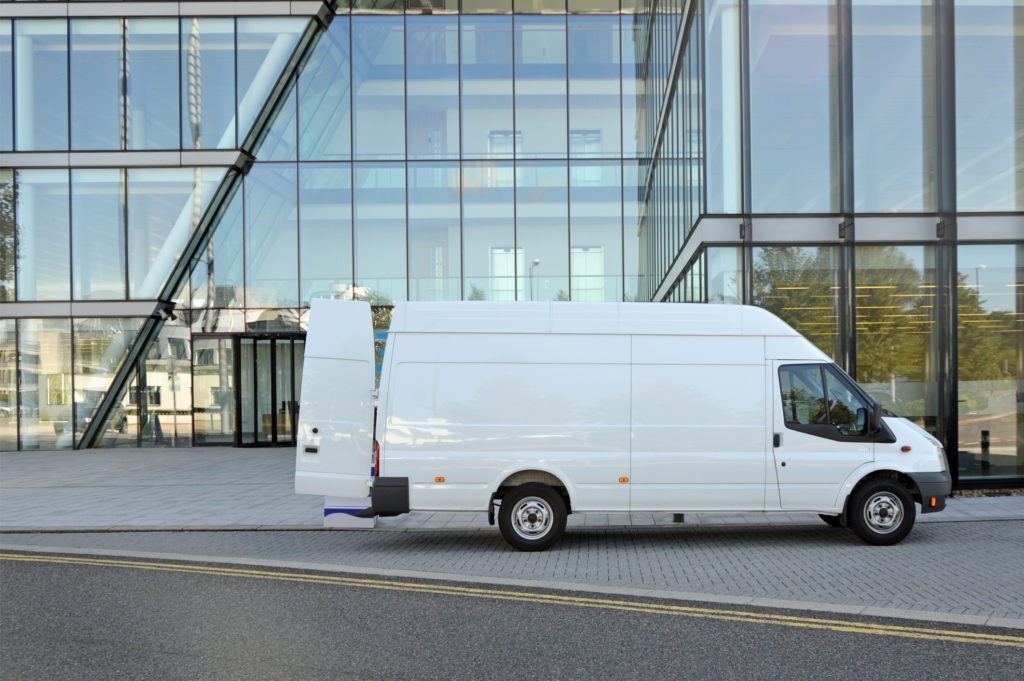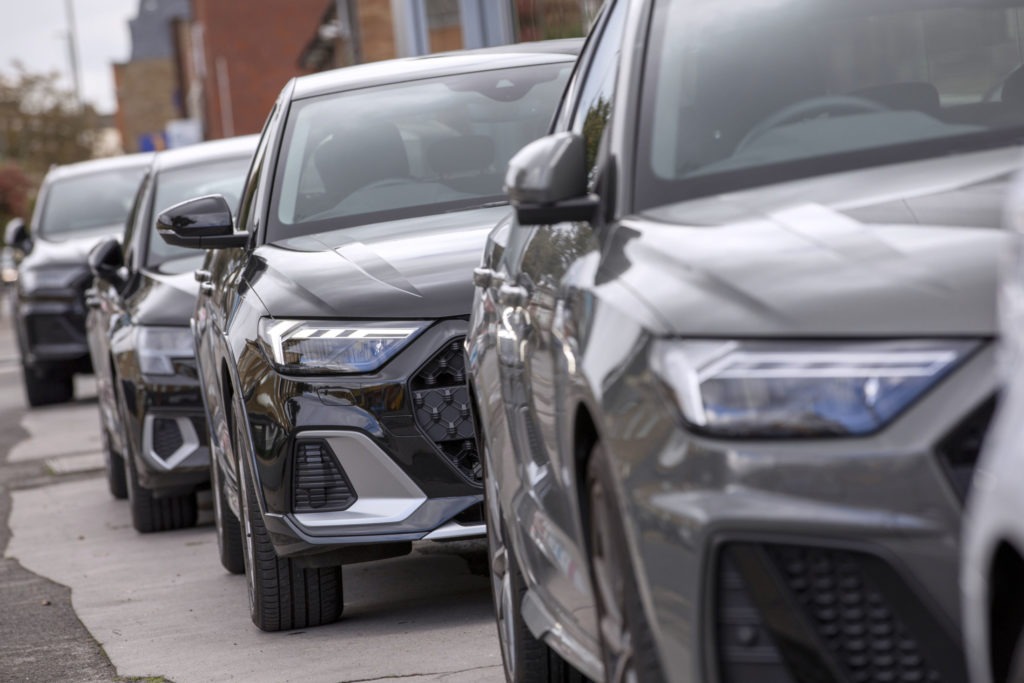Supply-chain woes heavily impact European new-car market in March
20 April 2022

The European Union (EU) saw automotive industry struggles continue in March, with the supply-chain crisis leading to a steep decline in new-car registrations.
Overall, 844,187 new-car registrations were recorded last month, marking a decline of 20.5% compared to the same period in 2021. Previously, the automotive industry saw its weakest volume-based results for the month of February, since records began.
Most countries in the region saw double-digit drops amid supply-chain disruptions which have seen further complications due to the war in Ukraine. This has stalled vehicle production and extended delivery times. Scarce supply and pent-up demand are sending new-car prices ever higher as inflation shrinks consumer spending power.
A miserable March
The latest figures from the European Automobile Manufacturers’ Association (ACEA) reveal the EU’s four largest markets were not exempt from this barrage of negative effects. Spain took the biggest fall, down 30.2% compared to March 2021, with 59,920 registrations. Italy and France recorded 29.7% and 19.5% falls respectively. Meanwhile, Germany recorded 241,330 registrations, down 17.5%.
Elsewhere within the EU, Sweden experienced a dramatic decline last month, down 39.5% with 28,710 new-car registrations. Denmark too took a plunge with 14,623 units, down 38.4%. Slovenia recorded 4,627 registrations, down 34.5% against March 2021.
However, it was not negative news for all the EU’s markets. Ireland saw a 40.4% growth in March with 12,904 registrations. Romania too had a positive month, up 40.2% with 11,025 units. Bulgaria saw 2,697 new-car registrations, up 25.2%.
Outside of the EU, the UK experienced its worst March performance since 1998 with 243,479 registrations, down 14.3% compared to 2021. This is particularly troubling as the month is traditionally depended upon as one of the country’s best, given that new plates are released. In contrast, Iceland saw a 52.3% rise in March registrations, with 1,451 new cars hitting the road.
First-quarter fall
In the first quarter of 2022, a total of 2,245,976 new-car registrations across the EU equalled a 12.3% fall, compared to the same period in 2021. All four major EU markets saw decreases accordingly in the first three months of the year. Italy was down 24.4%, France fell by 17.3%, Spain shrunk by 11.6%, and Germany took a 4.6% tumble.
The UK also saw a decline, down 1.9% compared to the first quarter in 2021 with 417,560 registrations. Iceland and Romania look to be the biggest winners in the reporting period so far, recording growths of 51.1% and 39.6% respectively.
Autovista24 downgraded its 2022 forecasts for some of the region’s biggest markets. The war in Ukraine is expected to have a negative impact throughout the year, and although a significant impact on new-car sales, i.e. order intake, is not expected, supply challenges could persist until 2024.
Manufacturer performance
Reviewing the first-quarter passenger-car registration figures across the EU, European Free Trade Association, and UK by manufacturer reveals a grimly predictable trend. ACEA members with well-established European bases saw the negative impact of regional instability as supply chains cracked under conflict and poor delivery.
Jaguar Land Rover (JLR) took one of the biggest tumbles, with registrations falling by 43.1%. The 14-brand giant Stellantis moved 523,977 units, down 21.7% compared to the first three months of 2021. Volkswagen (VW) Group saw 655,383registrations in the period, down 15.4%. BMW Group, Mercedes-Benz, and Renault Group declined by 11.1%, 11% and 6.7% respectively.
This regional instability meant imported brands gained an advantage with their more intact supply chains. Some of the biggest gains in the first quarter were recorded by Honda, up 33.5%, Hyundai Group, up 21.3%, and Mazda, up 8.9%. However, this trend did not extend to all Asian manufacturers, with Mitsubishi seeing a 16.6% decline in registrations.



